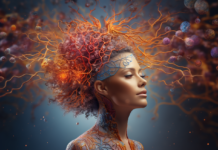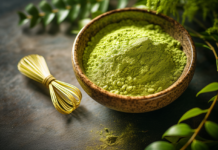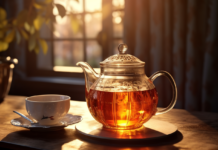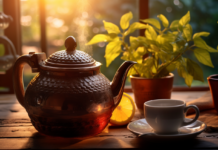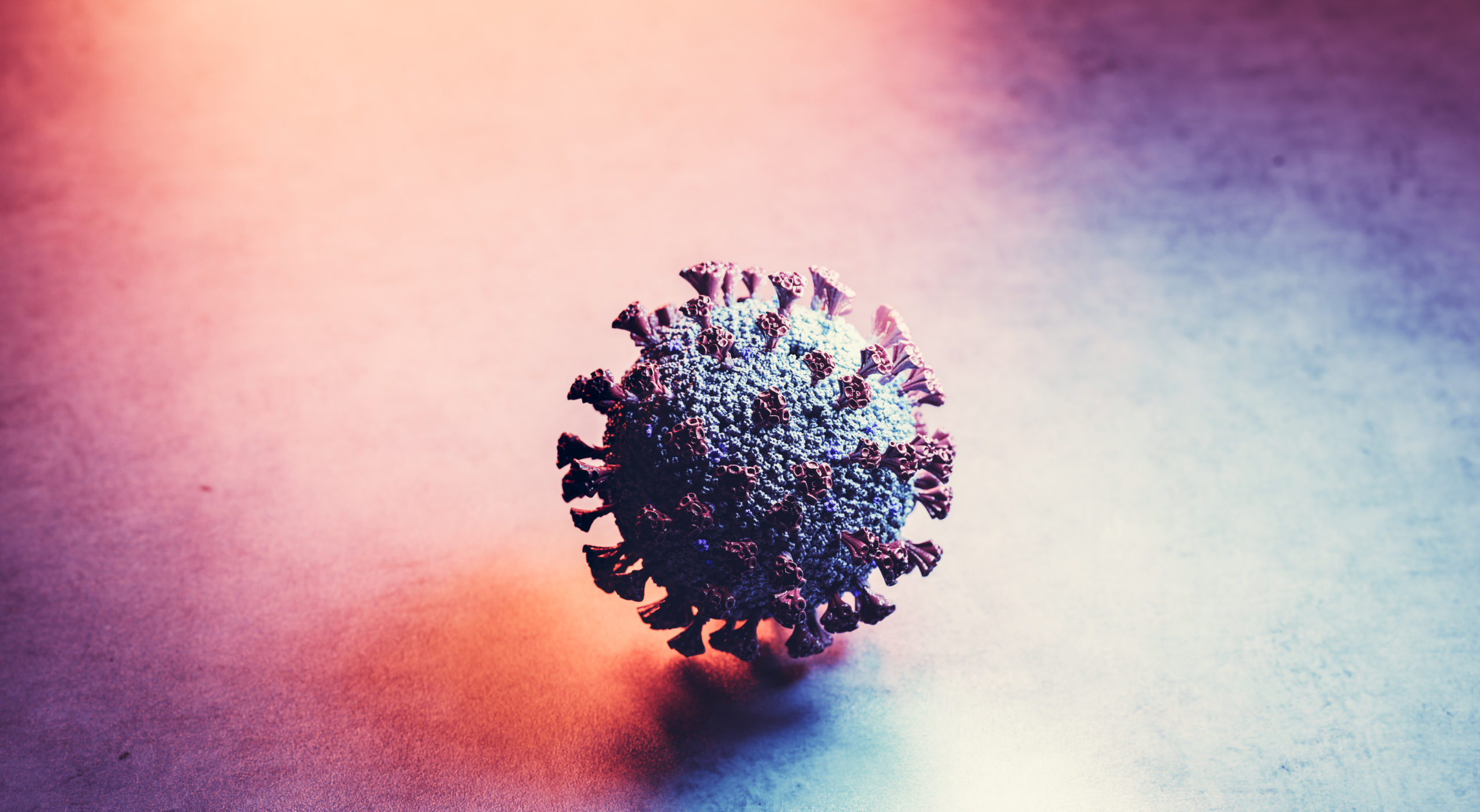Oppression, suppression, repression, all these have one thing in common: They press down. Anything which is pressed down, be it a plant, a thought, a feeling or a desire, has one of three options.
1. To wither and die.
2. To somehow adapt and become dwarfed, stunted, malformed.
3. To somehow break through or reach freedom, and grow and express itself.
The above effect and the three possible reactions to it would work very conveniently if only negative things were pressed down and if, when pressed, they did wither and die. However, that is not the case. Firstly, it takes much wisdom to know precisely what really is negative and what is not, and then to choose to press down only on that which is truly harmful. Secondly, it remains uncertain which of the three reactive consequences will follow, since that will depend upon the strength of the force pressing down and the strength of what is pressed down, in each case. All these uncertainties make the usefulness of the ‘pressive’ approach very dubious, especially when applied with reference to elements of the consciousness, i.e., thoughts, wishes, feelings, desires, etc.
The futility of the ‘pressive’ approach with regard to these should be fully further understood. The consciousness is one whole body. By this it is meant that it is not a composite mechanism comprised of many replaceable parts. In that respect, consciousness is more like the human body than a machine. When any part has a diseased expression or condition, it reflects disease throughout the body, just as it affects the whole body. We cannot sever a manifestly diseased part without crippling the whole body – nor would such a removal/excision, effect or represent a cure. Likewise, diseased, i.e., negative, destructive or vicious manifestations within the consciousness cannot be eradicated by trying to choke or suppress them. In other words, if there are selfish, vicious, or destructive thoughts, feelings, wishes or desires, it reflects a malady in the entire consciousness which cannot be healed by denial, suffocation or crushing. If that is done, the consciousness itself shall be crippled even more. How much more dangerous and destructive for the consciousness would it be if we chose to crush its normal healthy parts or expressions under some mistaken or misguided understanding which misidentified these healthy parts as diseased.
Many enjoyments of the senses are normal desires of the consciousness – all things artistic, aesthetic and beautiful naturally appeal to it. Comforts and pleasures of the body and senses are naturally attractive to it. Perfumes, music, poetry, dance, beautiful sights, scenes and objects, clean homes, comfortable beds, tasty foods and drinks, etc., are all inherently delightful to it. Sexual pleasure is among one of its most fundamental desires, which is also one of its most complex pleasures, since it involves many mental and emotional elements as well as nearly all the physical senses. If there was a person who found no pleasure in even one of the above things, people would consider him abnormal, perverted, ill or diseased. Yet, there are quite a few religions or philosophies which proscribe many of these pleasures or enjoyments. They condemn them as wrongful or unspiritual. The list of these prohibited pleasures may differ in different philosophies because of their varied ways of thinking. The simple truth is that none of these pleasures in themselves are harmful or obstructive to goodness or spiritual growth. The key lies in the priority given to these and in the manner in which they are acquired or enjoyed. If it is realised that the whole purpose of spiritual growth is to achieve an enduring state of joy (which is simply a different kind of finer pleasure), obviously, in principle, it is not pleasure that is forbidden or injurious. Since that is the case, as it can clearly be seen to be, then a pleasure can only be harmful if it causes any or all of the following three things:
1. It damages the body or mind as a consequence of indulgence.
2. Indulgence in it brings pain, loss or harm to another or others.
3. It obstructs the attainment of a greater, finer and more enduring pleasure.
There are many pleasures which do not cause harm or injury to body or mind, but actually contribute toward sustaining the health of these, unless, of course, they are indulged to excess. Even good things become destructive and repulsive, if not moderated. Even too much fresh, pure water can poison the system. A wise person observes the above three rules with discerning care. He or she abstains from injurious and destructive pleasures, enjoys healthy and proper pleasures within applicable boundaries, never indulges in any pleasure at the cost of suffering, loss or damage to anyone else (i.e., does not indulge in pleasures which are selfish or unethical in nature). Above all, a wise person keeps his or her priorities in good order. He or she allows no comfort or pleasure to override, or even to interfere with, such responsibilities, duties, and activities whose fulfilment is essential to the achievement of the highest spiritual goal. These, of course, include all worldly obligations, duties and responsibilities. In other words, he or she never permits any lesser comfort or pleasure to obstruct the attainment of the greatest, finest and most enduring of all pleasures.
In the light of all the preceding, it should be evident that the ‘pressive’ approach is not a beneficial one. Whether one is ‘pressed’ by an external force or by the self, it still results in crippling or malformation. As must have become obvious, trying to repress a really negative condition can be dangerous, to say the least. Anyone can see that giving free expression to these is not the answer either. If anything, it would be even more destructive to both the self and others.
How then can these conditions be dealt with or resolved? Firstly, the answer to this is only relevant to someone who is cognisant of the undesirable conditions in his/her consciousness and is sincerely desirous of remedying them. The following solution applies when that is the case. As a start, it should be recognised that there must exist certain root distortions in the overall understanding which give rise to a myriad changing undesirable thoughts, emotions and desires. Unless and until those underlying errors of the fundamental understanding concerning reality are corrected, its numerous possible symptoms will persist. Fighting them will only drain and exhaust the mind and body. If the few important truths about the nature of reality are grasped fully, the flaws of the fundamental understanding are rectified. When that happens, nearly all the troubling and perverse conditions of the consciousness (including improper desires), will naturally be rendered wholesome and healthy. These truths have been described in a number of other Discussions in varying ways. They are defined here again succinctly in different words.
Definitions of the few significant truths of reality:
1. Nothing endures in this world. All embodied beings die.
2. Consciousness continues to exist forever, only in different states or conditions through many births in different bodies on different planes – or, ideally, in perfect unity with the Supreme Consciousness.
3. These states of consciousness can be indescribably blissful to excruciatingly painful – and anywhere in-between.
4. The pain of any consciousness is exponentially proportional to the amount of pain, loss or harm caused to others by it.
5. The bliss of any consciousness is exponentially proportional to the amount of joy, benefit or service provided to others by it.
6. Egotism and selfishness are the parents of all vice and wickedness.
7. Vice and wickedness bring all the ugliness, pain, loss or harm to others and to the self, directly and indirectly.
8. Humility and selflessness are the parents of all virtue and goodness.
9. Virtue and goodness produce all the beauty, joy, benefit or service to others and to the self, directly and indirectly.
10. Neither humility nor selflessness nor virtue nor goodness, prohibit beauty, joy or pleasure to anyone, be it to others or to the self. In fact, that is what they increasingly bring for all.
11. Neither egotism nor selfishness nor vice nor wickedness, bring beauty, joy or pleasure to anyone, be it to others or to the self. In fact, that is what they increasingly snatch from all.
12. Every consciousness is an integral element of the Supreme Consciousness.
13. The Supreme Consciousness possesses Supreme Bliss, Supreme Pleasure.
14. Only merger with the Supreme Consciousness gives Supreme Bliss, Supreme Pleasure.
15. Anyone who chooses a lesser pleasure at cost of the Supreme Pleasure is an ignorant, foolish, self-destructive being who loses heavily and suffers much.
16. Any lesser pleasure is acceptable as long as it does not in any way hinder, jeopardise or oppose matters relating to the attainment of the Supreme Pleasure.
17. Ignorance, denial or rejection of the above truths is at the root of egotism and selfishness, therefore, of their off-spring, i.e., vice and wickedness, and thus is the root cause of all consequent ugliness, pain and suffering. That is all.



